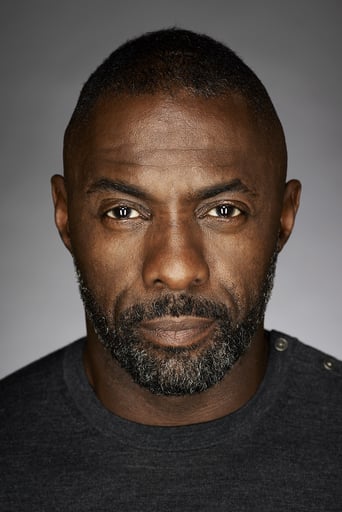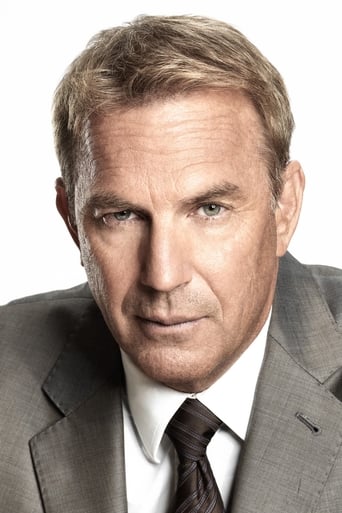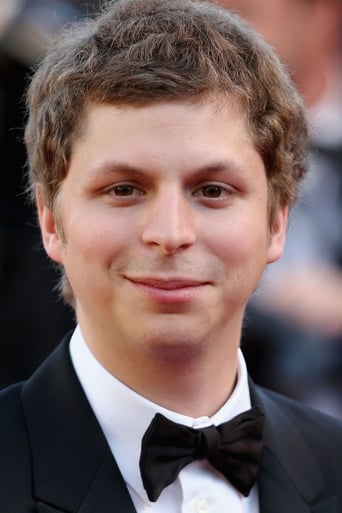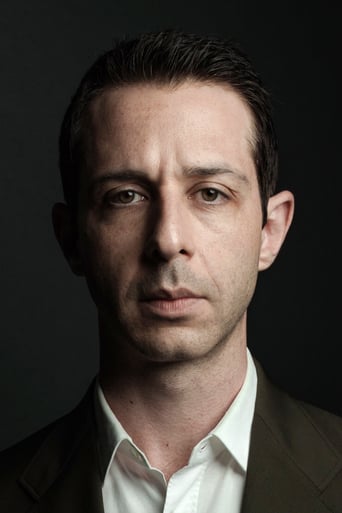Lee Eisenberg
I had never heard of Molly Bloom before seeing "Molly's Game", but I have to say that it's an impressive story. In a way, you have to admire what Bloom was able to pull off. Ethically questionable, sure, but as the judge noted, the Wall Street types commit far worse crimes.Jessica Chastain puts in a fine performance, with good support from Idris Elba as her lawyer. Having seen this movie, I expect continued good output from Aaron Sorkin. I recommend it.
Harry T. Yung
"Molly's game" is based on the true and recent story of Molly Bloom, the "Poker Princess" with a dubious reputation. Not knowing what the true Molly Bloom is like, I somehow suspect that Aaron Sorkin's ("A Few Good Men", "The Social Network", "Steve Jobs") script has made her into a "Sorkin character", as a critic puts it, that is, a dramatized character with unparalleled verbal charismas.Entirely anchored on Molly's own VO, the movie starts with an extraordinary stroke of bad luck as a result of which Molly, instead of matching her brother's achievement of an Olympic skiing champion, receives an injury that does not affect her ordinary daily life, but ends he skiing career.The rest of the movie runs on two cross-cutting sequences. One is her arrest by FBI and the ensuing litigation. The other is a sequence of linear flashbacks of the trajectory of how she ended up in the present predicament. To make things simple, let's go chronologically.Starting with wearing the only dress she possesses, bought from J.C. Penney for $88, working in a bar paddling insanely overpriced beer, she works her way up, step by determined step, to become the owner of the most lucrative high-stake poker club. Her success can be attributed to two ingredients, hunger (figuratively speaking) and intelligence, and one tool, Google (from which she learns everything she needs to know, particularly poker, obviously). Her intelligence is self-evident in her success, plus little things like an ability to recognize a genuine Monet instantly, by just looking at an exposed corner from the wrapping. Her hunger is lucidly explained in her VO. Poker, she intimates, is her Trojan horse to the world of high finance. From childhood she has been trained to be a champion, the initial goal being foiled by an unfortunate, freak accident. What is her goal now? To win. What? Against whom? Those are mere details, she concludes.The most interesting thing about the "present" sequence, the litigation, is her lawyer Charles Jaffey (a fictitious character), played admirably by Idris Elba. Initially refusing to take the case as her ability to pay his fees is highly doubtful, he nevertheless makes an impulse decision right it the court, facing the judge, to announce himself Molly's attorney. The chemistry between the two of them blossoms beautifully, culminating in a passionate "speech" in a private meeting they have with the prosecutors, defending Molly and pleading for them to "do the right thing". That scene alone is good enough for an Oscar bid. The proceedings and judgment of the case are all in public record and obviously the movie does not deviate from them. In addition to the brilliant dramatization with the character Jaffey, there is one that is less successful but still worth noting. Playing Molly's father Larry Bloom, Kevin Costner appears at various junctures, including playing against teenage Molly portrayed admirably by Samantha Isler. Towards the end of the movie, there is a somewhat contrived, but watchable scene of the father sitting with Molly in a park bench, playing the role not of the father but the psychologist compressing the lifelong analysis of Molly into three minutes, by asking three questions. The first reveals Molly's true addition (she has had a period of heavy drug abuse) to "power over powerful men". The remaining two leads to daddy and sibling issues (the latter I have coined "Boromir-Faramir" complex). Ultimately, it is childhood trauma of seeing dad in the act of adultery. Somewhat contrived, as mentioned.










